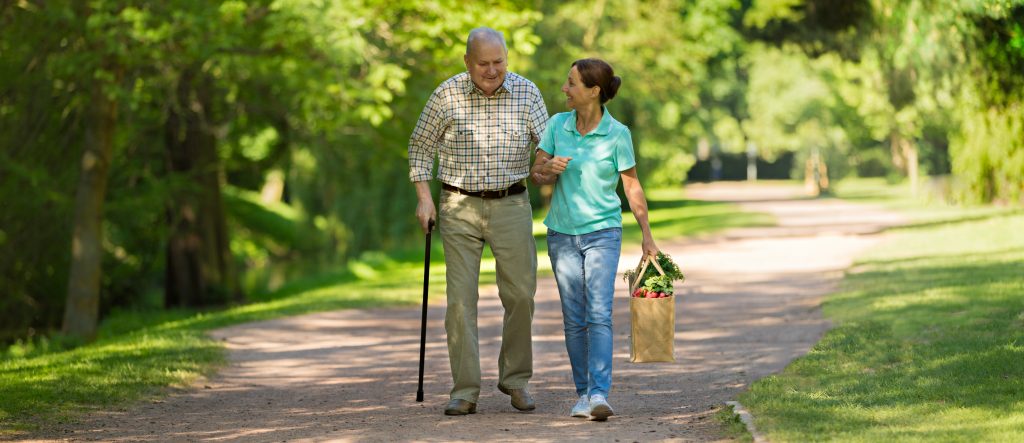
Do you recall the last time you helped someone by performing an act of kindness? Remember the feeling of joy it gave you and the extra pep in your step? Evidence shows that helping others is beneficial to your mental and physical health. Putting other people’s needs before our own can reduce stress and improve mood, self-esteem, and happiness.
Here’s how it works:
- Helping Others Feels Good – Helping others promotes a rush of endorphins in the brain brought about by positive physiological changes. Offering help distracts us from our own problems, allowing us to participate in meaningful activity.
- Brings a Sense of Belonging – Part of the enjoyment of helping others is that it makes you part of a social network, which leads to a sense of belonging. Face-to-face activities meant to help someone else can also aid in reducing the “helper’s” feelings of loneliness or isolation.
- Helps Keep Things in Perspective – When you help someone in need, it often provides a sense of perspective to help you realize how lucky you are. It can enable you to have a more positive outlook on your life and what you have to be grateful for.
- Helps Make the World a Happier Place – Helping others can be contagious! Your good deed may encourage someone else to perform their own act of kindness.
- The More You Do For Others, The More You Do For Yourself – Studies show that the benefits of helping others can last long after the act itself, providing kindness memories to be drawn upon when you need to be lifted up.
Helping others isn’t just beneficial to your emotional wellbeing; it also has amazing physical benefits. The simple joy of helping others reduces stress and boosts the immune system. It also flushes negative feelings like anger and aggression. Best of all, studies show of older people show those who give support to others live longer than those who don’t.
Remember, helping doesn’t have to cost money or take a lot of time. Start small. Providing emotional support to others with a simple phone call is a great way to begin. Research show that those who consistently help other people experience less depression, have greater calm, fewer pains, better health, and may even live longer.
